Uncovering origins of Sumerians: Pre-Turk or African ancestry?
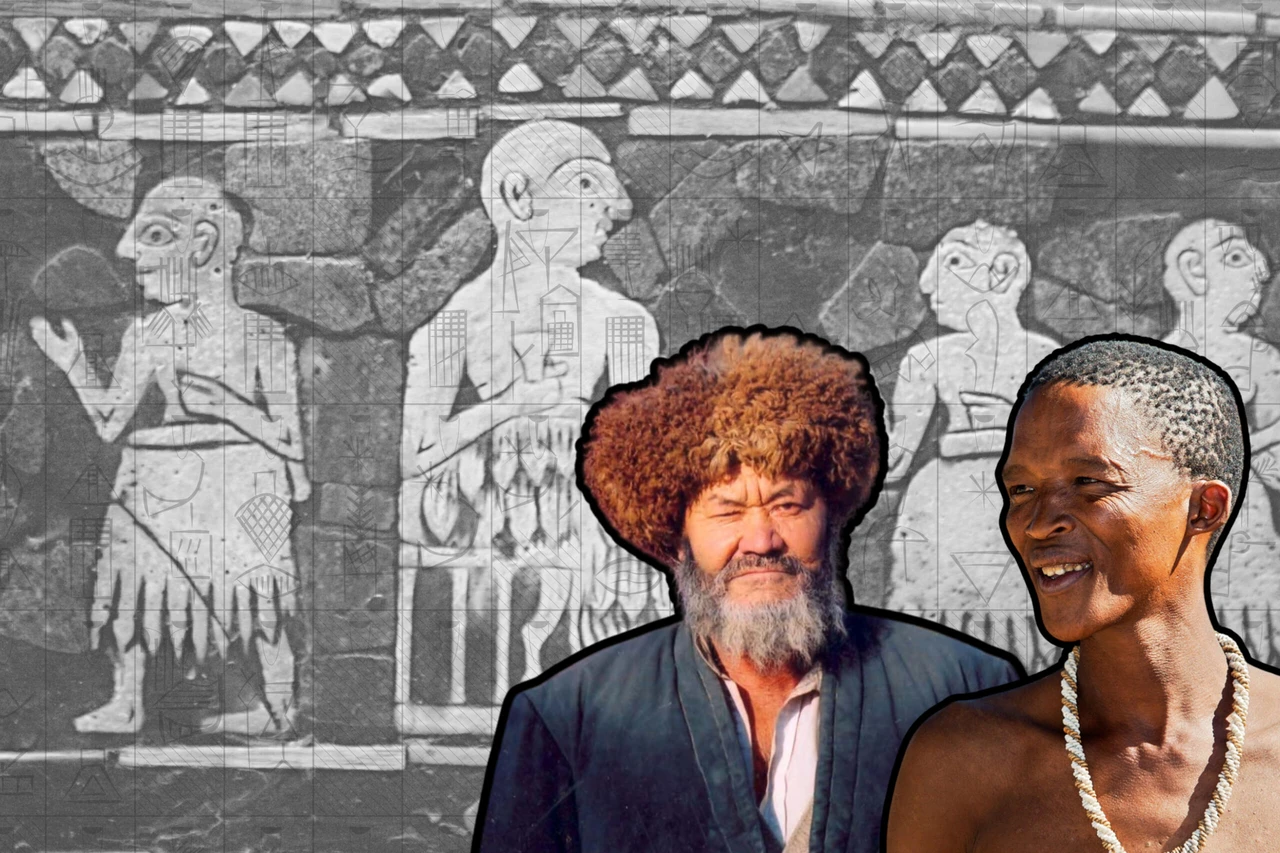 Enthroned Sumerian king of Ur, possibly Ur-Pabilsag, with attendants and a San Bushman from Botswana along with a Uyghur hunter from Kashgar in a collage, September 25, 2024 (Photo collage by Koray Erdogan/Türkiye Today)
Enthroned Sumerian king of Ur, possibly Ur-Pabilsag, with attendants and a San Bushman from Botswana along with a Uyghur hunter from Kashgar in a collage, September 25, 2024 (Photo collage by Koray Erdogan/Türkiye Today)
The Sumerians, one of the earliest civilizations known to mankind, have long been at the center of scholarly debate regarding their origins. As the creators of the world’s first written language, the Sumerians not only shaped the cultural and political landscape of Mesopotamia but also left an indelible mark on the study of ancient civilizations.
However, questions about their ethnic roots—whether they were of pre-Turk or African origin—remain unresolved and continue to ignite controversy among historians and nationalists alike.
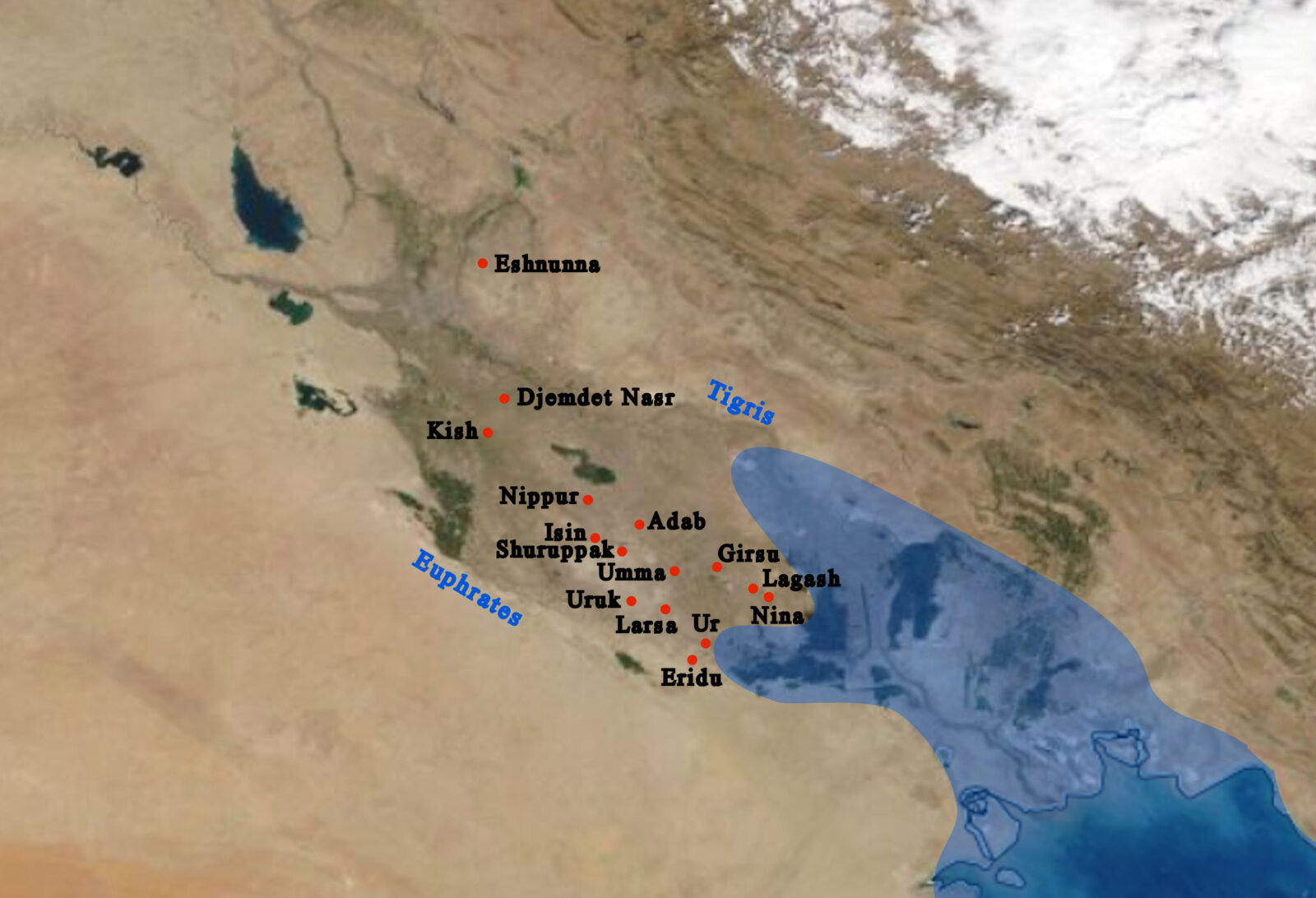
Sumerians and their influence
The Sumerians established their civilization around 4,500 B.C. in the region that is modern-day Iraq. They developed cuneiform, the earliest known writing system, and built vast city-states like Ur, Lagash, and Eridu, forming the foundation of Mesopotamian culture.
Their advances in law, architecture, and agriculture laid the groundwork for future empires, including those of the Akkadians, Babylonians, and Assyrians.
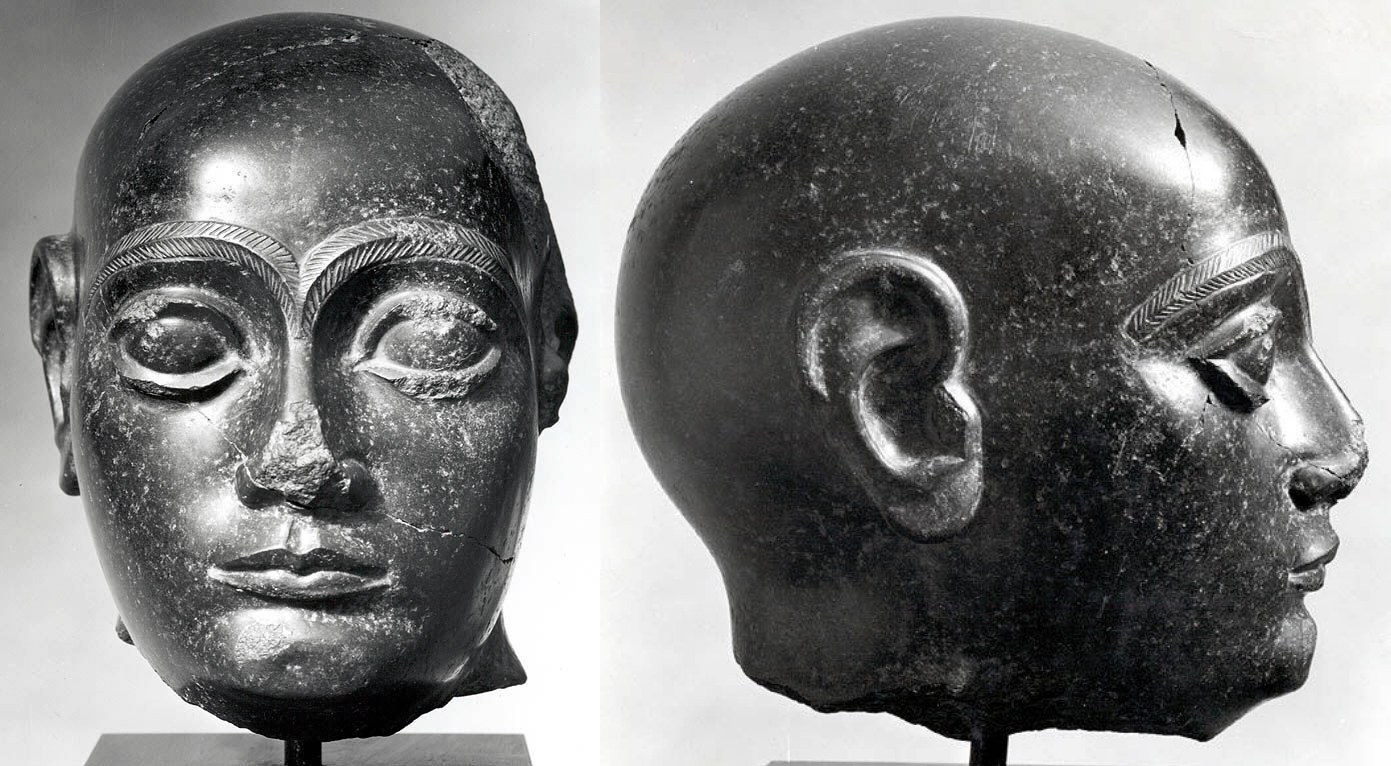
Despite their achievements, the Sumerians’ ethnic and linguistic origins have been the subject of intense debate. In recent years, scholars have explored two competing theories: one proposing that the Sumerians were of pre-Turk origin, and another suggesting they may have hailed from Africa.
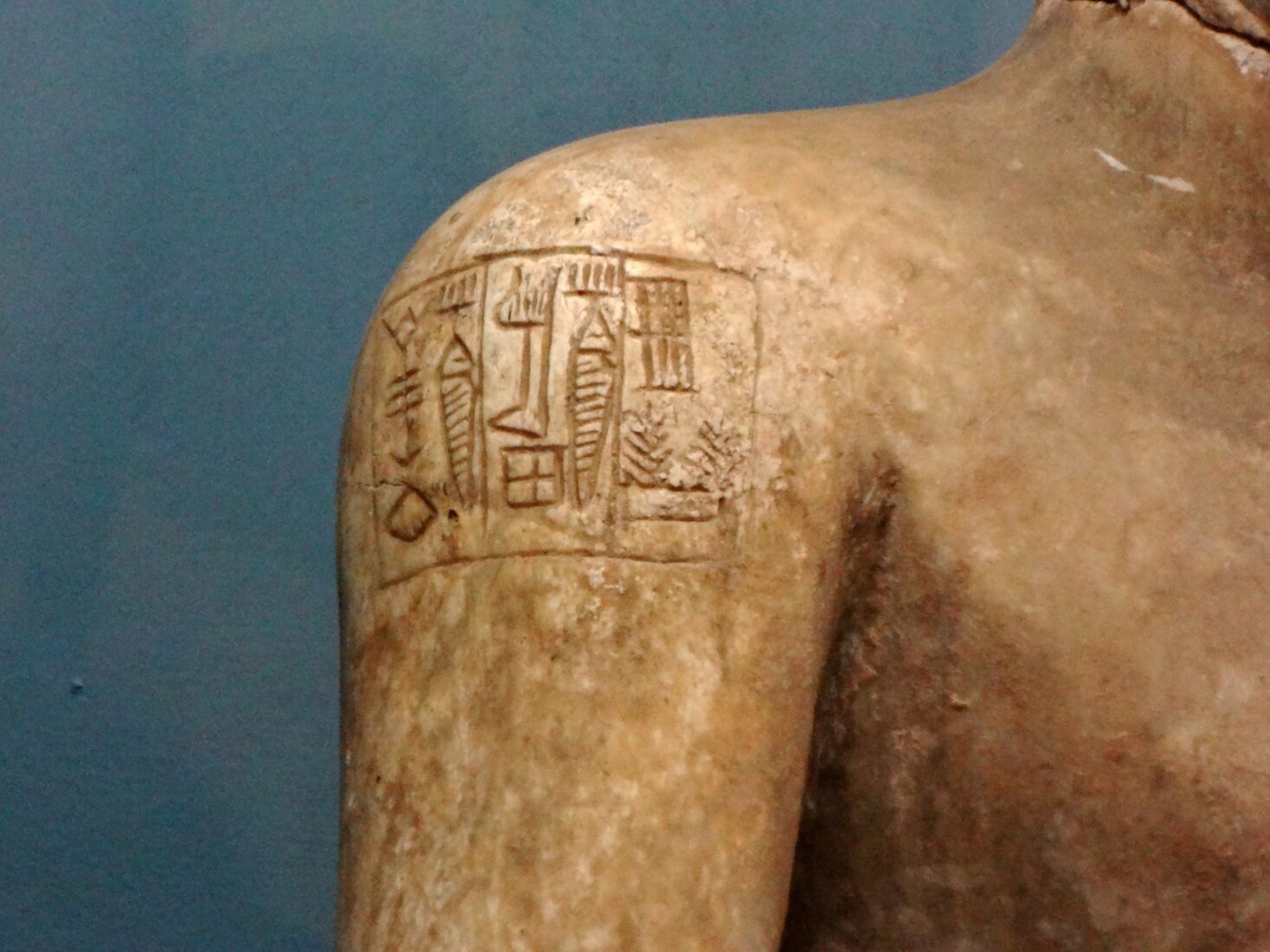
Pre-Turk connection
The hypothesis linking the Sumerians to pre-Turk peoples gained prominence during the early 20th century with the rise of the “Gunes-Dil Teorisi” (Sun Language Theory) in Türkiye.
According to this theory, all human languages originated from a single proto-Turk tongue, and Sumerian was among them.
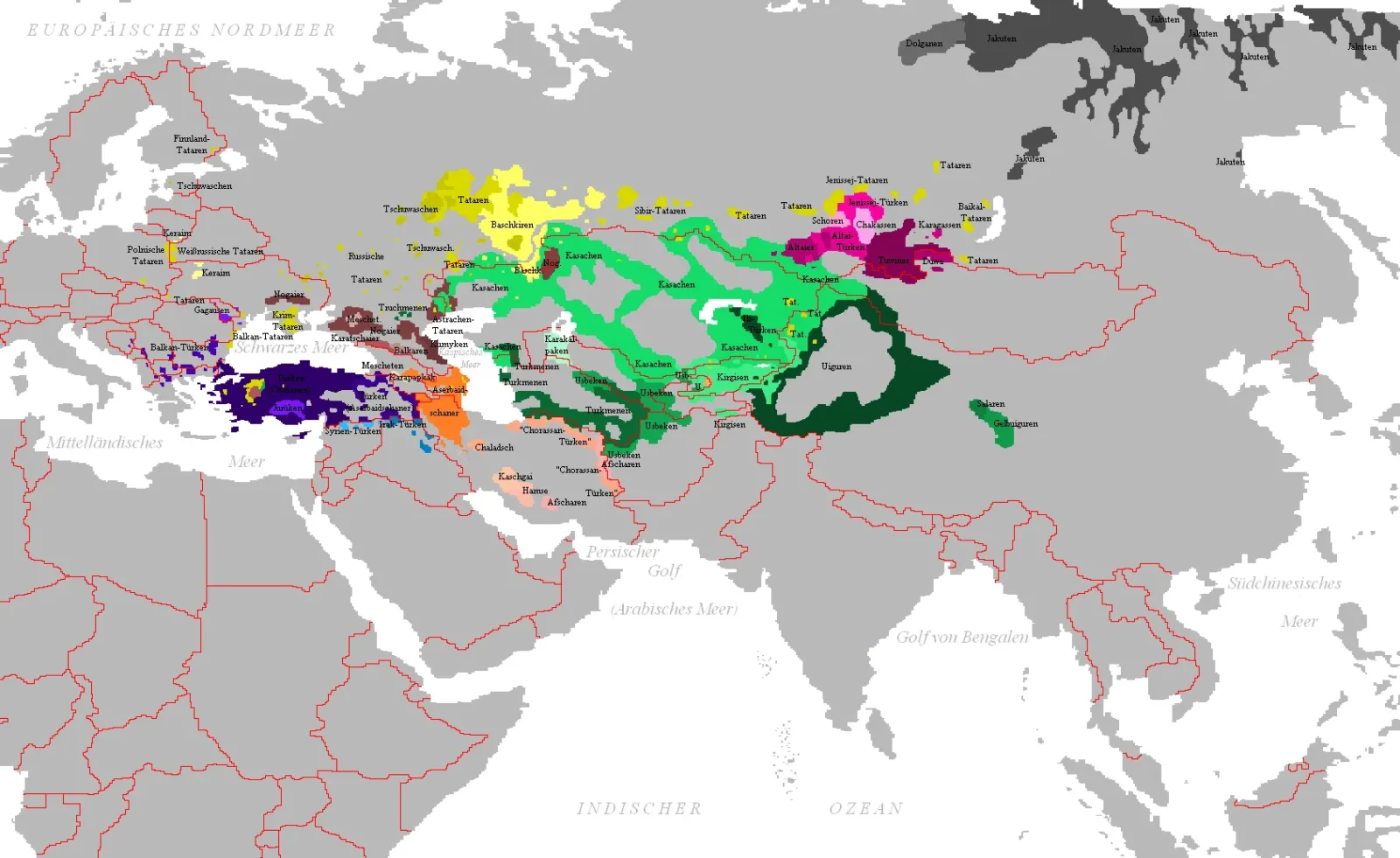
Prominent scholars such as Osman Nedim Tuna and Hilaire de Barenton have argued that there are significant similarities between Sumerian and Turkish. These academics have identified around 150 common words and similar agglutinative structures in both languages. Examples include the Sumerian word e (house), which resembles the Turkish word ev, and kur (mountain), which corresponds to the Turkish word kir (mountain range or upland).
The idea of Sumerians as a pre-Turk people has been embraced by certain nationalist circles in Türkiye and Azerbaijan, further fueling the debate. Proponents point to linguistic and cultural similarities between the Sumerians and early Turk peoples of Central Asia.
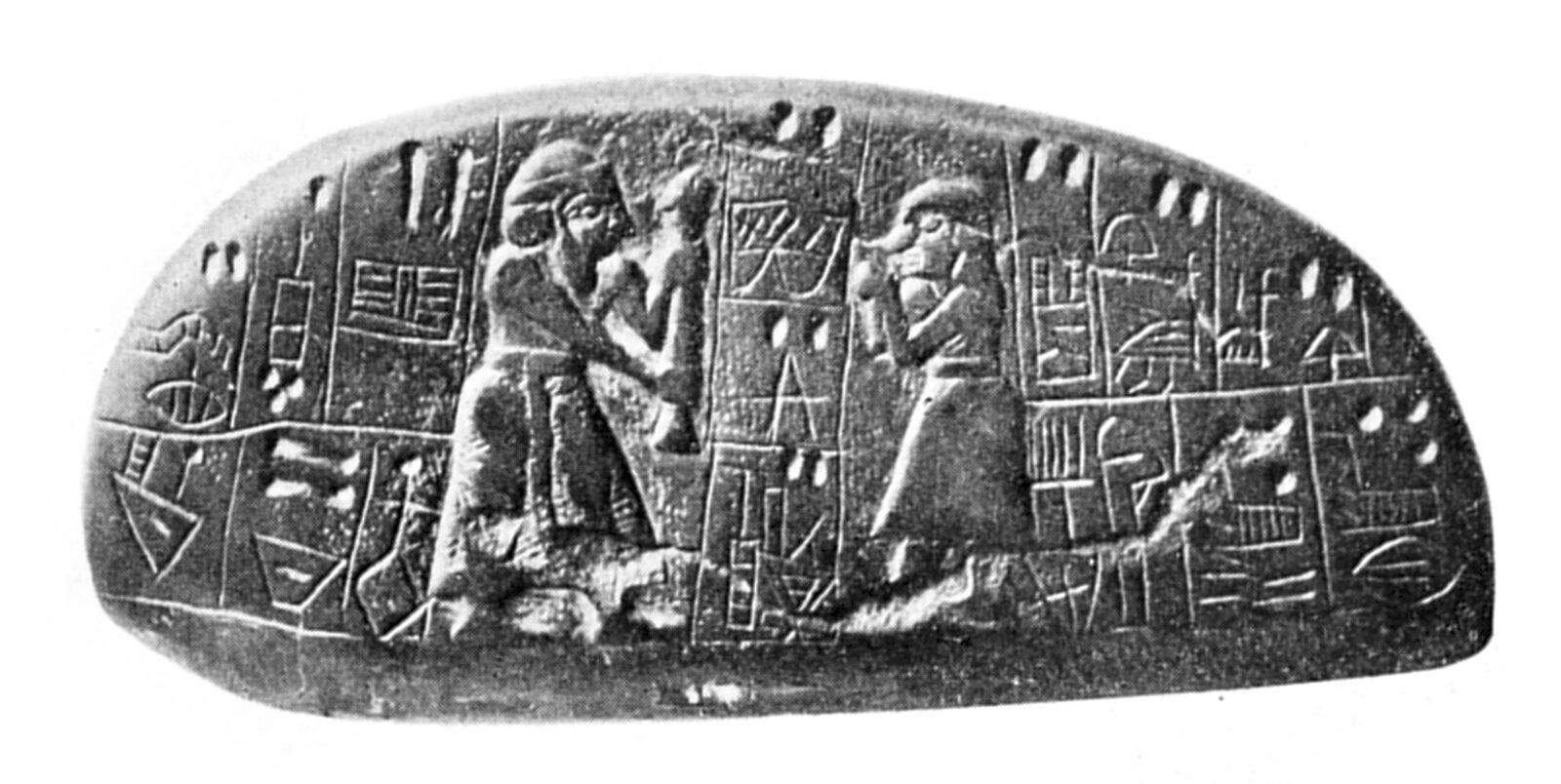
African origin hypothesis
On the other side of the debate, some scholars argue that the Sumerians may have been connected to Africa, specifically to Proto-Saharan groups. This theory gained traction due to linguistic parallels between Sumerian and the languages of the Dravidian-speaking peoples of India and Nubian communities in Sudan. Both the Dravidian and Nubian languages are characterized by similar grammatical structures and shared phonetics with Sumerian.
Additionally, proponents of the African hypothesis point to the Sumerians’ own depiction of themselves as “karabas,” or “dark-headed,” which could suggest a darker-skinned people. In this view, Sumerians may have been part of a larger migration from the Sahara to the Near East and eventually to southern Mesopotamia.


Comparative studies of Sumerian and Tamil, one of the Dravidian languages, have revealed striking linguistic similarities. For example, the Sumerian phrase “gidugga giş kiri ka dabi nambidua” (don’t break the sugarcane in the garden) closely resembles the Tamil translation “kirtugga kişkiriaka iabi nampittuva.”
Bridging the civilizational divide
The debate over Sumerian origins is not merely a historical or linguistic puzzle; it is also deeply intertwined with modern nationalism. As nations seek to trace their lineage to the cradle of civilization, the Sumerians have become a potent symbol in identity politics.
In Türkiye, the Sumerians’ potential pre-Turk roots are often emphasized as part of a broader narrative of Turkish antiquity. Similarly, in India, Tamil nationalists have claimed cultural and linguistic ties to the Sumerians as part of their assertion of the Dravidian people’s ancient heritage.
At the same time, scholars caution against over-reliance on linguistic similarities alone. Sumerian civilization, like many early cultures, was shaped by a complex web of migrations and interactions across continents, making it difficult to pin their origins on one particular ethnic group.



